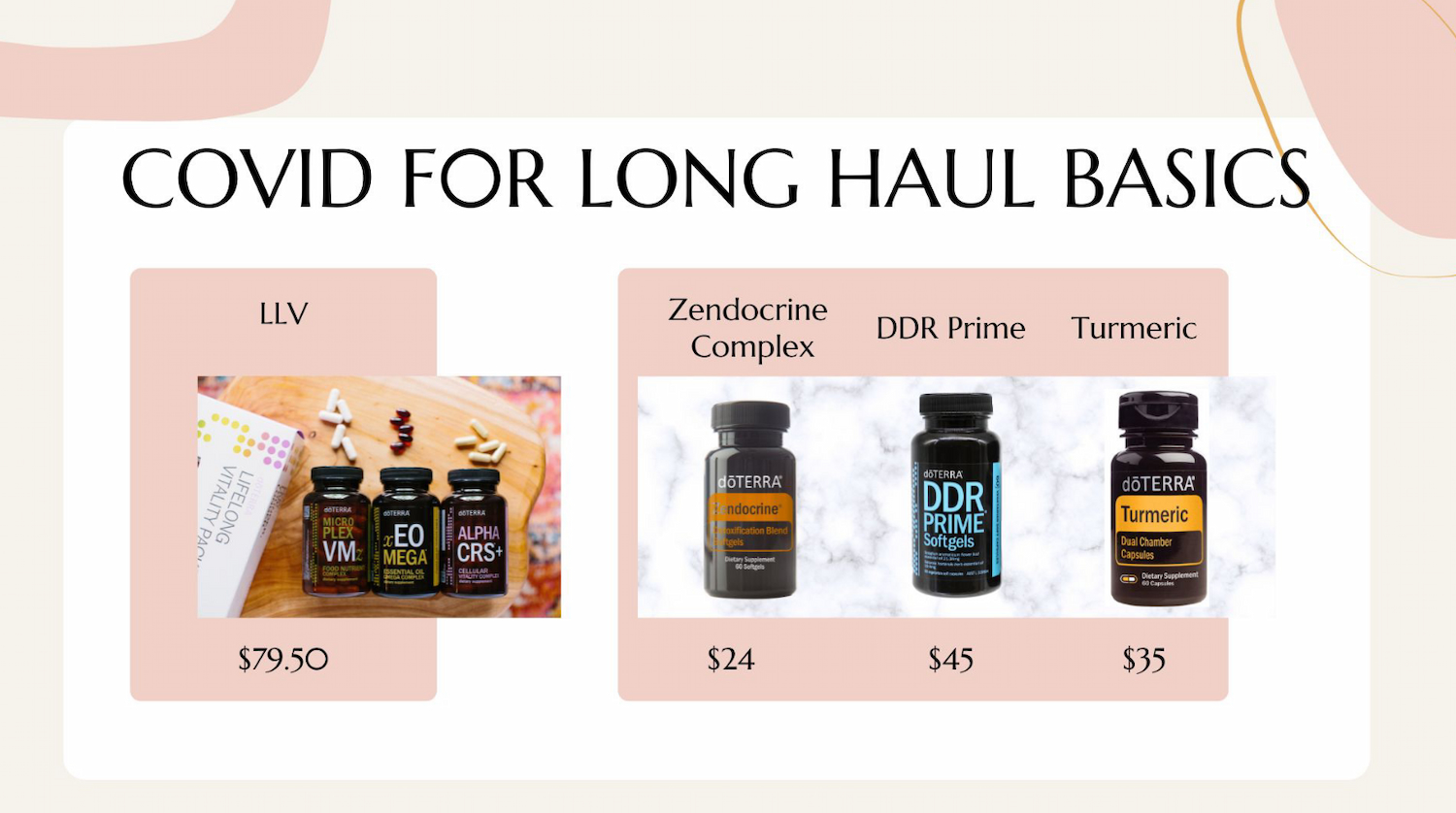
Will Prevagen’s Deceptive Advertising Ever End?
Eight years after TINA.org alerted regulators, supplement ads continue to convey deceptive and misleading memory improvement claims.
When it comes to testimonials, the truth will not always set marketers free.
| Bonnie Patten
After TINA.org published its report detailing the deceptive use of testimonials by 90 percent of the top cancer center ad spenders, many of the centers countered with assertions that their testimonials were “accurate” and “authentic.” That may well be the case but these atypical testimonials are still deceptive because they mislead patients on their chances of survival, and the centers’ refusal to acknowledge this fact and remediate their marketing shows their complete disregard for the susceptible cancer population that they are marketing to.
Here’s the thing about testimonials – if a company uses a testimonial for marketing purposes, it adopts both the benefits and liabilities of the testimonial. FTC guidelines state, among other things, that the advertiser must have adequate substantiation to support the implication that the endorser’s experience as depicted in the testimonial is representative of what consumers will generally achieve with the advertised service, or clearly and conspicuously disclose the generally expected outcome in the depicted circumstances.
In interpreting these guidelines, federal courts have stated that:
[w]hen an advertisement contains a testimonial reflecting the experience of an individual with a product, there is an implicit representation that such experience reflects the typical or ordinary results anyone may anticipate from use of the product.
And another court has stated that:
the use of a consumer endorsement violates Section 5 [of the FTC Act] if the endorsement misrepresents that the alleged results are what consumers typically achieve.
In sum, advertisers cannot make claims through consumer testimonials that the company could not make directly. It is not enough that a testimonial represents the honest opinion of the endorser. Meaning that even if a testimonial is truthful, if the result is not typical or ordinary, there must be a clear and conspicuous disclosure letting consumers know what the typical and ordinary result will be.
And this is where the cancer centers are falling short. They appear to be under the mistaken impression that if they publicize patients’ honest beliefs and opinions then it’s OK to use these atypical success stories to market their treatment centers. The law (and, in my opinion, those truly concerned about the welfare of cancer patients) says otherwise.
Eight years after TINA.org alerted regulators, supplement ads continue to convey deceptive and misleading memory improvement claims.
Of all the companies exploiting the pandemic, doTerra stands out as a steadfast recidivist.
TINA.org strives to educate clinicians about patient testimonials.

